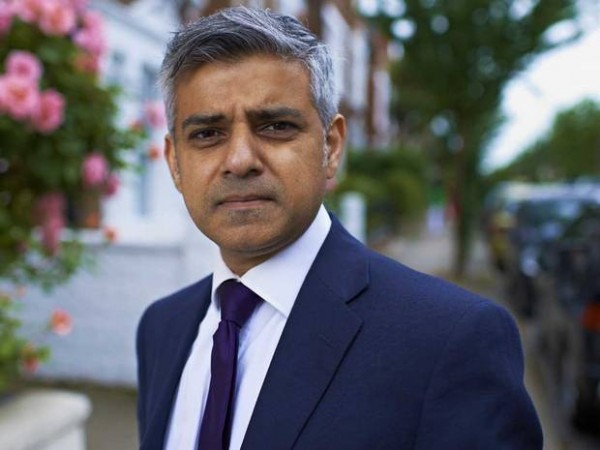
Back in September 2015, former shadow Lord Chancellor and Member of Parliament for Tooting Sadiq Khan was revealed as Labour’s London mayoral candidate. Taking over 58.9% of the fifth round vote against Tessa Jowell’s 41.1% share. Khan secured his position as frontrunner in the left wing race following endorsements from the likes of former London mayor Ken Livingstone, Baroness Oona King and Andy Slaughter, MP for Hammersmith. Following his win, Khan announced to the London Festival Hall during his nomination speech ‘Together we can build a fairer city, a healthier city and importantly, a city of opportunity.’
Born and bred on a council estate in the London borough of Wandsworth, Khan has been very vocal about the impact his proposed policies would bring to the housing and rental markets within the capital. His actions include introducing a London Living Rent model, which would encourage tenants to save the money they would have spent on higher rents, a reaction to the news that some Londoners are spending 60% or more of their wages purely on renting with the private sector.
A former human rights lawyer, the mayoral candidate is also looking to challenge Westminster by campaigning for a rental freezing power, in order to control the fees set for rental agreements in the private sector. Some may see this as a breath of fresh, with the hope that Khan could assist those who have been locked out of the property market by a lack of disposable income for expensive deposits. In June of this year, the average price of renting a flat or home in London peaked at a staggering £1,500 a month. In contrast, Khan’s measure may be seen as intrusive to the stark reality that London itself is becoming a fast growing metropolis of culture and commerce. The demand for property in the city is undoubtedly, extremely high. As is the case of pretty much every commodity, when demand is high, prices increases. It’s as simple as that. When Ed Miliband flirted with the idea of rental caps last September, Mark Littlewood of the Institute of Economic Affairs warned that they could have a reverse effect. He stated that ‘rent controls on the market will do nothing to improve affordability, and will simply result in a number of perverse incentives that will harm those very individuals which such a policy sets out to protect.’
Khan is also proposing to tackle bad landlords by naming and shaming them on what can only be presumed as a landlord’s register, where tenants rate the services of their landlord (a sort of Yelp for renting). This could help regulate the service landlords provide to their tenants and can enforce improvement on the landlord’s behalf. It would be beneficial for a potential buyer to see how current and former tenants were treated when using the private rental service. In contrast, the actual implementation of regular landlord checks will be a difficult and thorough task which would take a while to complete. Not only this, but some landlords may dispute how their services are similar to fellow landlords or estate agents and so the line between a good or bad service will be a challenging task to differentiate. I also hope that this policy sees Khan riding around on a motorcycle across London, confronting these swindling landlords akin to Matt Allwright’s leather clad encounters with ne’er-do-well’s on the BBC’s Rogue Traders.
But for now, all we can do is wait until the residents of London selects their new mayor in May 2016.[vc_row][vc_column][vc_separator][vc_column_text]
Find Properties to Rent in London and the Surrounding Area:
[/vc_column_text][vc_row_inner][vc_column_inner width=”1/3″][vc_column_text]- Property to Rent Barnet
- Property to Rent Bexley
- Property to Rent Brent
- Property to Rent Bromley
- Property to Rent Camden
- Property to Rent Chelsea
- Property to Rent Croydon
- Property to Rent Ealing
- Property to Rent Enfield
- Property to Rent Fulham
- Property to Rent Greenwich
- Property to Rent Hackney
-
- Property to Rent Hammersmith
- Property to Rent Haringey
- Property to Rent Harrow
- Property to Rent Havering
- Property to Rent Hillingdon
- Property to Rent Hounslow
- Property to Rent Islington
- Property to Rent Kensington
- Property to Rent Kingston
- Property to Rent Lambeth
- Property to Rent Lewisham
- Property to Rent London




 POSTED BY
POSTED BY 

